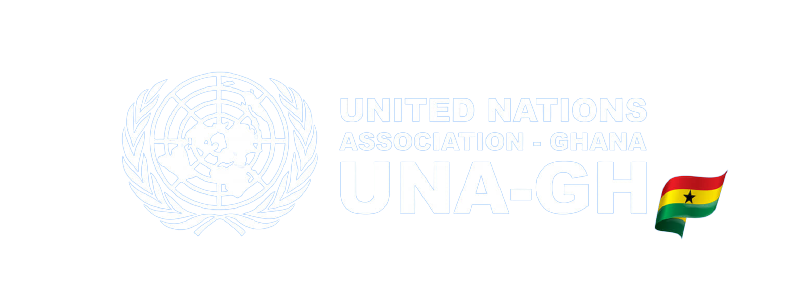United Nations Associations (UNAs)
UNAs are national civil society organizations that provide a link between the citizens of the world and the United Nations by seeking to ensure that the UN is relevant to the lives of the peoples it exists to serve. UNAs have different programs and a variety of constituencies, such as individual members, member organizations, and partnering schools and universities.
Each UNA develops their own activities based on the objectives outlined in their Constitution, the goals and priorities of the United Nations and WFUNA (as determined by the Constitution and the Plenary Assemblies), the assessed needs and interests of the communities they serve, and their own areas of interest and expertise. The most important factor is that all activities of the UNA promote the principles, goals and priorities of the United Nations.
Generally, UNAs have a combination of educational, public information, and advocacy activities. In addition to general UN-related work, most UNAs run projects and events in one or more of the UN’s main priority areas of peace and security, human rights and sustainable development. They may partner with WFUNA, other UNAs, other NGOs, academia, governments, and/or companies to implement these programs.
Model United Nations is a core educational activity for most UN Associations. These range in size from classroom Model UNs (about 15-35 participants) to large-scale international Model UN conferences (as many as 2,000 participants). They can be implemented at any educational level. Generally, most UNAs partner with local high schools or Universities to run national or regional Model UN conferences with about 100-350 participants.
Other education and public information activities include organizing public celebrations for United Nations International Days, such as the International Day of Peace (21 September), United Nations Day (24 October) and Human Rights Day (10 December).
Many UNAs organize regular public lectures and seminars on UN-related topics, involving multiple experts and stakeholders from both the public and private sectors.
UNAs often work with local politicians, parliamentarians or national government leaders. Some have lobbying activities, such as informing their government about UN priorities, and encouraging the government to ratify, adhere to, or endorse UN decisions, goals or agreements.
Some UNAs implement local or national development projects, such as assisting a community in becoming more environmentally sustainable, providing resources for local schools, providing access to safe drinking water, or training women to be small business entrepreneurs. These development projects can take many shapes and sizes and are often carried out in collaboration with partners.
Some UNAs focus on research which they compile into publications that are made available to government and UN agencies, schools and Universities, other NGOs, and interested individuals. UNAs generally have comprehensive websites, often in their national language as well as English or French. It is recommended that at least every UNA have a basic website with contact information, an overview of the work of the UNA, links to the UN and WFUNA, and membership information.
Many UNAs have additional resources such as online newsletters or print magazines.
UNAs often interact and collaborate with local and national media; some even have their own weekly or by-weekly television or radio shows in which they invite experts to discuss UN issues.
Fundraising tends to be an important activity for many UNAs, including writing grant proposals, organizing fundraising events and drives, and submitting fundraising applications.
UNAs develop a variety of innovative projects and events that suit the individual needs of the communities that they serve, and that are within their mandate of supporting the United Nations. More examples can be found on the UNA Activities page.
The most important function of a UNA is to engage the people of a UN Member State with the work of the United Nations. UNAs achieve this objective by:
- Disseminating information in cooperation with the UN Information Centers
- Advocating support for the UN with their governments, political parties and interest groups
- Ensuring accurate media coverage of the UN and its programs
BECOME A MEMBER
Join UNA-GH to extend the impact of our programs to the national, regional and global levels. We collaborate with other national voluntary organizations on projects related to the work of the UN

